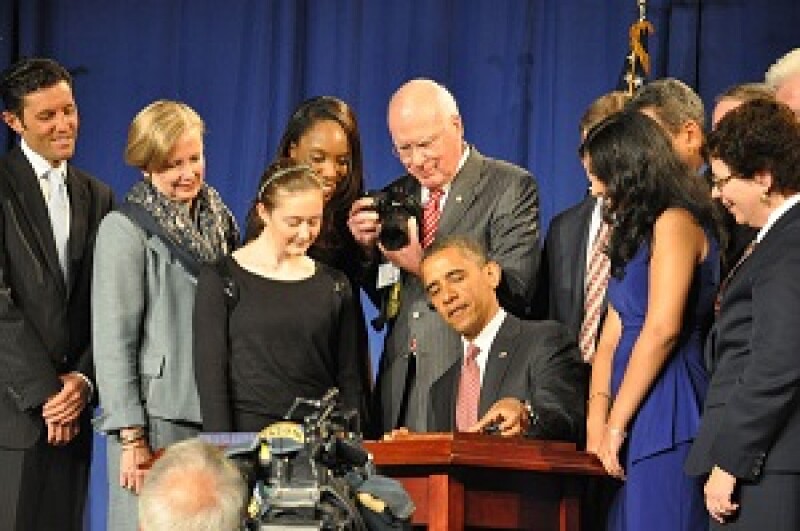
On September 16 2012, new post-grant proceedings became available in the US. Exactly one year after the signing of the America Invents Act created the Patent Trial and Appeal Board (replacing the Board of Patent Appeals and Interferences), challengers to patents could file inter partes review, covered business method review and post-grant review petitions. The PTAB has proved more popular than many expected, with more than 5,500 petitions filed.
Managing IP has published hundreds of articles on the PTAB since it was created. You can see all our latest reporting on the Board on our dedicated page here.
To mark four years of PTAB proceedings, we have run a series of articles highlighting 10 big issues facing the Board today. Managing IP subscribers and triallists can read the 10 articles below.
A “new norm” for petition filing
If you let me stay – district court and ITC trends
Is the Board too hard on motions to amend?
Rule changes – a declaration of intent
Hedge funds and reverse patent trolls
Biotech/pharma's share of AIA trials increases
Federal Circuit appeal statistics and unresolved issues

We also spoke to PTAB Chief Judge David Ruschke, who started in the role in May. Subscribers and triallists can read the interview here. Ruschke says the PTAB is entering a new phase. The PTAB’s early years were defined by explosive growth in filings and the big challenge of hiring enough judges to keep up and meet the tight statutory deadlines. Now with the hiring done and petition filing levelled off, the Board may be entering a more stable phase.
“Four or five years from now I would like to say we are the premier post grant proceedings body in the world,” he told me.
“Hopelessly broken”?
Others have also been taking stock of the first four years of PTAB proceedings. Some pro-patent observers are not fans.
The IPWatchdog blog has run an interesting series of articles marking the AIA’s fifth anniversary. Patent attorney Gene Quinn described the Board as “hopelessly broken”, and complained that proceedings “radically favour large multinational infringers by shifting the burden to the party least able to withstand that burden”. He said the “death squad” tag given to the PTAB by then federal Circuit Chief Judge Randall Rader in 2013 is as appropriate today.
Johnson & Johnson’s Phil Johnson said in a post: “The current implementation of PTO post issuance proceedings is undermining confidence in our patent system, chilling innovation at its roots, and, in eyes of some, giving the AIA a bad name.” IBM’s Manny Schecter said “the statistics reveal that IPRs are no more of a true alternative for litigation than the challenge proceeding which they replaced and supposedly improved upon – at least not yet".
More positively, Drinker Biddle’s Robert Stoll argued that “new legislation is not needed to fix post grant procedures at the PTO”, and rather the Board itself should provide for more liberal leave to amend.
Over on the Patents Post-Grant blog, Oblon’s Scott McKeown has also been taking stock of the PTAB’s progress. He noted some of the challenges the PTAB has faced in the past four years.
“Since day one, critics have sought to unravel the PTAB or lessen its perceived anti-patent impact,” he said. “First came the legal challenges: district court suits, mandamus filings, Cuozzo, and even the very same constitutional challenges that were flung at patent reexamination in the 1980s. Not surprisingly, all failed (I give the pending cert petitions zero chance). Yet, that is not to say that the PTAB is perfect, or that an adjustment in practices is unwarranted. Indeed, the PTAB has evolved to a significant degree in its few short years of operation.”
He noted the (in)ability to amend as one of the most controversial aspects of PTAB practice to date. But noted the Board has “loosened amendment requirements repeatedly”, through expanding page limits, adding available claim appendices, clarifying the Idle Free requirements and providing guidance on motions to amend. The Federal Circuit is likely to shift the burden of patentability away from patent holders in Aqua Products.
The board also brought in other rule changes this May, the most significant of which was allowing witness testimony in preliminary responses.
McKeown concluded: “Like it or not, PTAB trials are here to stay. Happy Birthday!”










